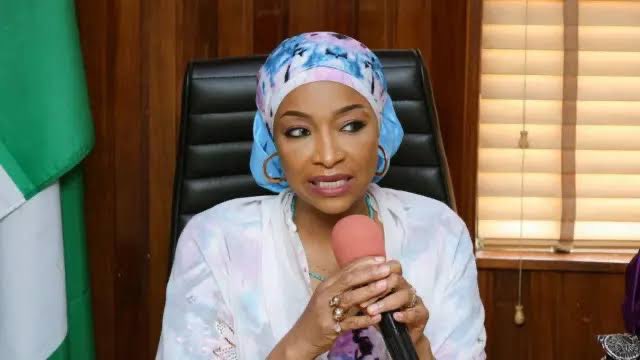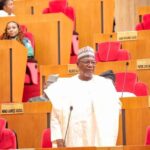The Federal Executive Council (FEC) has approved a bold new initiative to generate revenue from Nigeria’s rich cultural and tourism assets, with a target of contributing $100 billion to the economy by 2030, according to Minister of Art, Culture, Tourism, and Creative Economy, Hannatu Musawa.
Speaking after the FEC meeting in Abuja on Tuesday, Musawa revealed that the initiative — developed in collaboration with the Ministry of Finance Incorporated (MOFI) — is designed to unlock and monetize both tangible and intangible cultural assets.
“For the first time in Nigeria’s history, a standalone ministry is tasked with unlocking the potential of the cultural, creative, and tourism sectors,” she stated.
“We are looking to contribute $100 billion to Nigeria’s economy by 2030 by monetizing both tangible and intangible assets.”
Tangible assets include national collections housed in museums, historical sites, iconic buildings, and artworks currently under federal ownership.
Intangible assets cover indigenous languages, oral traditions, fashion items like adire, unique cuisines such as Ijebu garri, and prominent cultural festivals and landscapes.
Musawa emphasized that the plan will not impose additional burdens on the national budget, but rather harness existing cultural capital to foster sustainable economic growth.
“This is about using what we already have to create wealth, identity, and pride. Our cultural capital is immense, and now we are putting in place the framework to monetize it responsibly,” she added.
The minister outlined the project’s four-stage implementation strategy:
1. Asset assessment
2. Asset valuation
3. Monetization strategy design
4. Execution phase
She confirmed that the verification process for the nation’s cultural assets has been completed, paving the way for the next phase of the plan in active collaboration with MOFI.
Reporting by OndoPress News Desk



